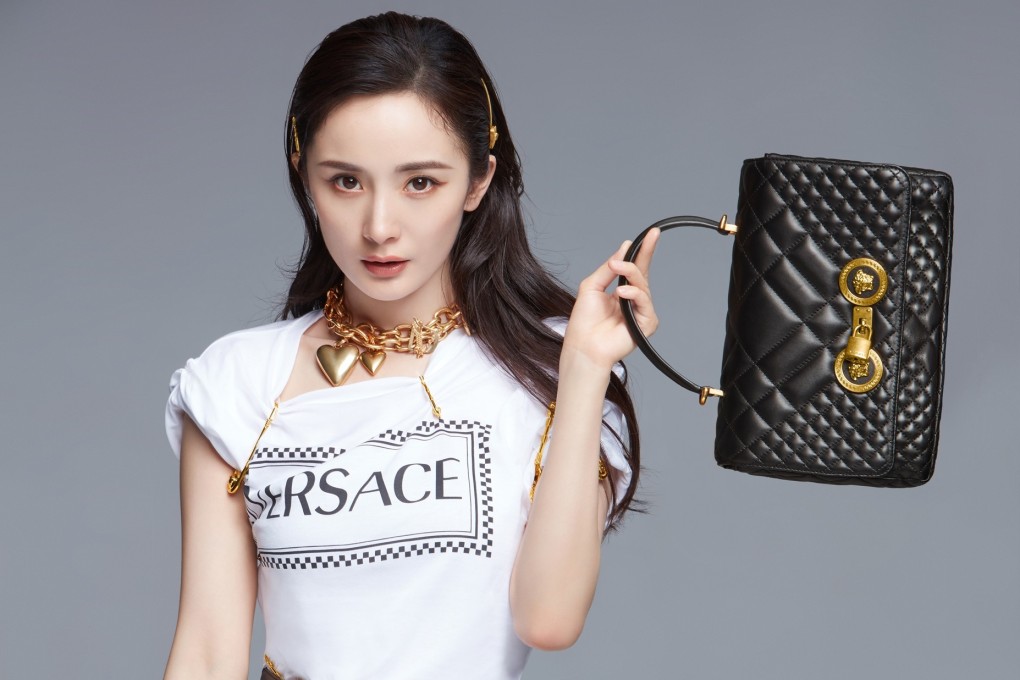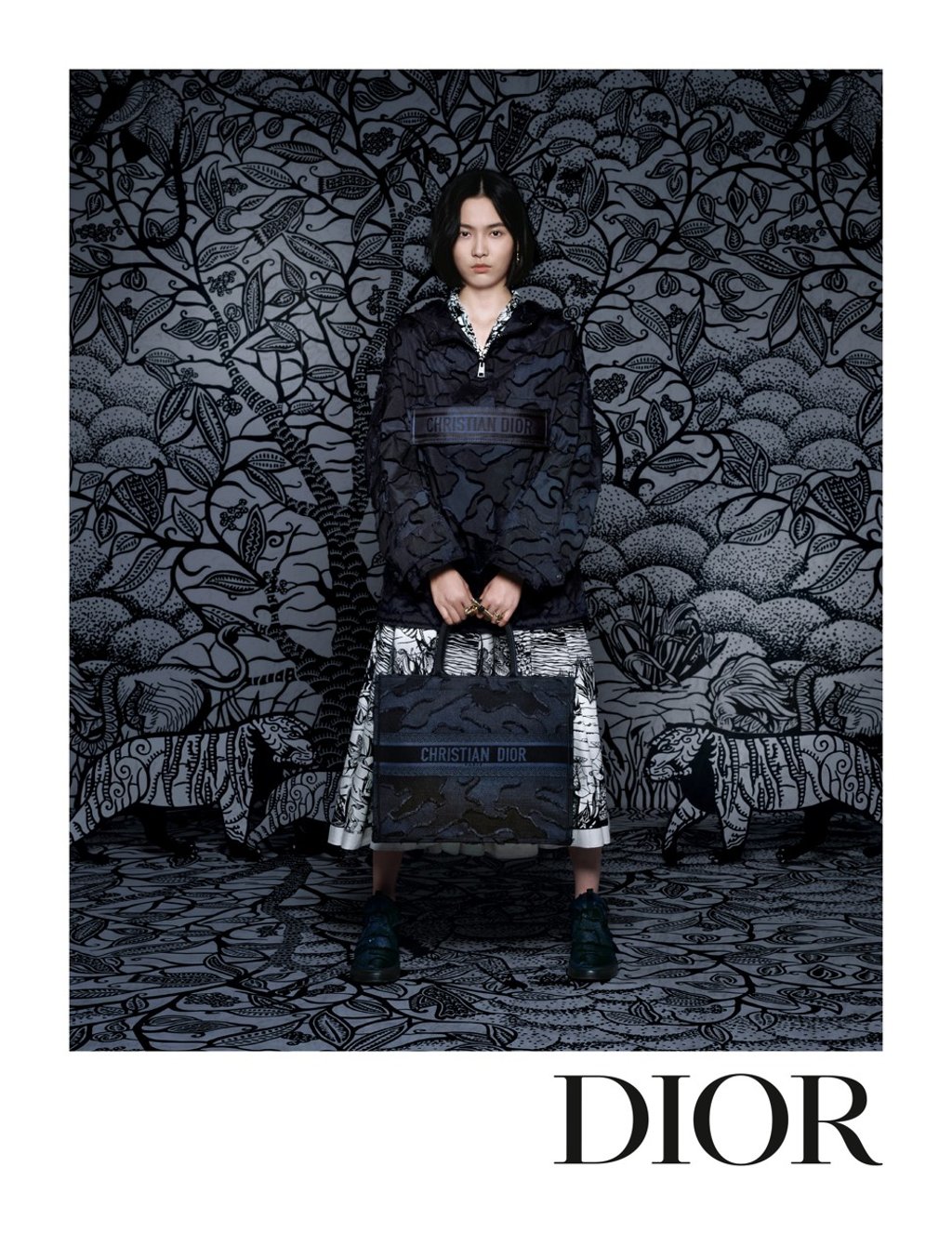Sorry, China: from Nike to Versace, the global fashion players that have spent the past year apologising for slights and oversights
- Since Dolce & Gabbana’s chopsticks ad debacle, a string of fashion and luxury players have apologised, and pulled products, after angering web users in China
- Most were accused of not respecting China’s territorial integrity for selling clothing or running websites that suggested Hong Kong and Taiwan were countries

12 months ago Dolce & Gabbana was forced to cancel its first fashion show in Shanghai after an advertising campaign in which a Chinese model struggles to eat Italian food with chopsticks drew widespread accusations of racism.
The Italian fashion house also apologised for leaked messages, allegedly sent by co-founder Stefano Gabbana, that were derogatory about China.
The brand said Gabbana’s account had been hacked, and the label later released a video apology on China’s Twitter-like Weibo platform to offer their “sincerest apologies to Chinese people worldwide”.

Chinese consumers accounted for at least a third of global spending on luxury products last year, according to Bain & Company, a management consulting company. And this year, China overtook the US as the largest fashion market in the world, according to a recent report by management consultants McKinsey & Company and website The Business of Fashion.
Dolce & Gabbana is not the only luxury label to land in hot water with China, however. Since November 2018 several other international brands have found themselves in trouble for offending internet users in the world’s second largest economy.